Kohlrabi Detox Salad
Ali Segersten Aug 31, 2022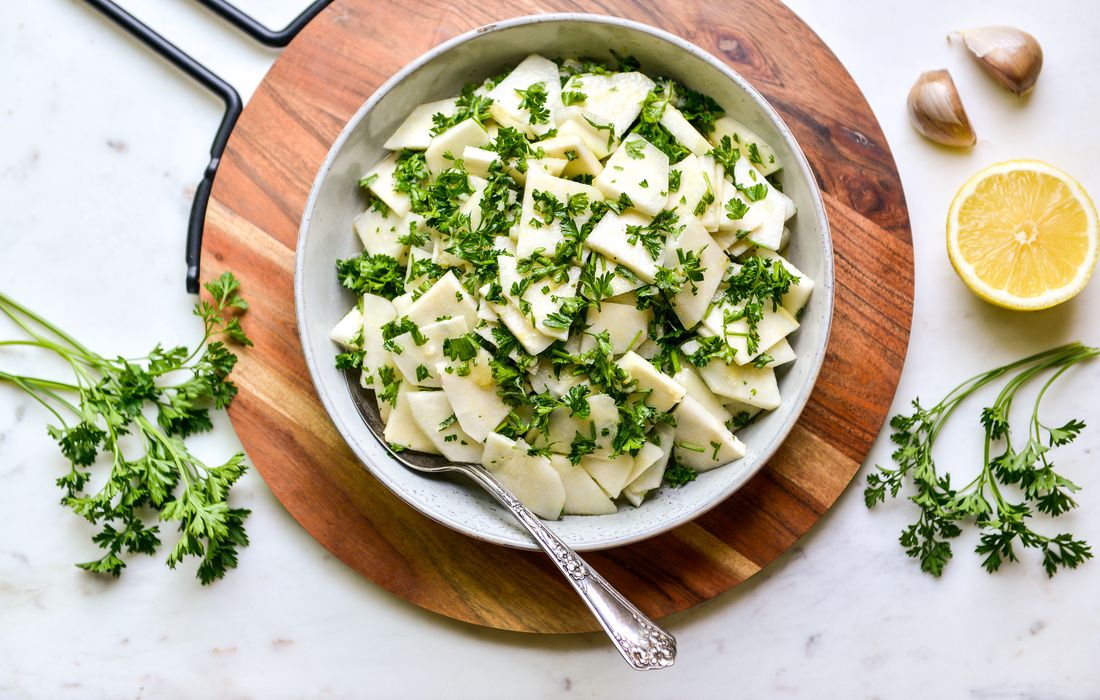
A "detoxification diet" is actually something you can do everyday by incorporating certain foods into your diet. Think of it as an inclusion diet where the focus is to bring in a variety of detoxification-supporting foods each day. Kohlrabi is an excellent food to support detoxification! It is a cruciferous vegetable like broccoli, cabbage, radishes, and kale, and it's part of the Brassicaceae family of vegetables.
Cruciferous vegetables contain compounds that can upregulate biotransformation pathways in order to transform and excrete toxins. As our world becomes more polluted, it is crucial that we support our bodies in gentle, daily detox to help reduce inflammation and prevent chronic disease!
How can cruciferous vegetables support detoxification?
Cruciferous vegetables, such as kohlrabi, contain compounds called glucosinolates that break down into different metabolites in the gut such as isothiocyanates and indole-3-carbinols with the help of an enzyme called myrosinase (found in raw cruciferous veggies). Myrosinase is released from the plant cells through chopping, chewing, and blending, and it is destroyed by high heat cooking. Glucosinolates, however, are not destroyed through the cooking process. If you like to roast broccoli or brussels sprouts, simply eat the cooked vegetables alongside a salad made from arugula or munch on a few radishes or raw kohlrabi to consume the myrosinase enzyme.
Kohlrabi is part of the species Brassica oleracea, along with broccoli, cabbage, kale, and brussels sprouts. These vegetables are rich in a glucosinolate called glucoraphanin, which breaks down to an isothiocyanate called sulforaphane in the gut with the help of the enzyme myrosinase. Sulforaphane then gets absorbed into the bloodstream and regulates the Nrf2 pathway in cells throughout the body. Simply put, sulforaphane activates detoxification and antioxidant genes in the nucleus of the cell in order to regulate oxidative stress and detoxification processes in the body. Do you want to decrease inflammation, reduce cancer risk, and increase your capacity for detoxification? Then consume more of these beautiful cruciferous vegetables daily!
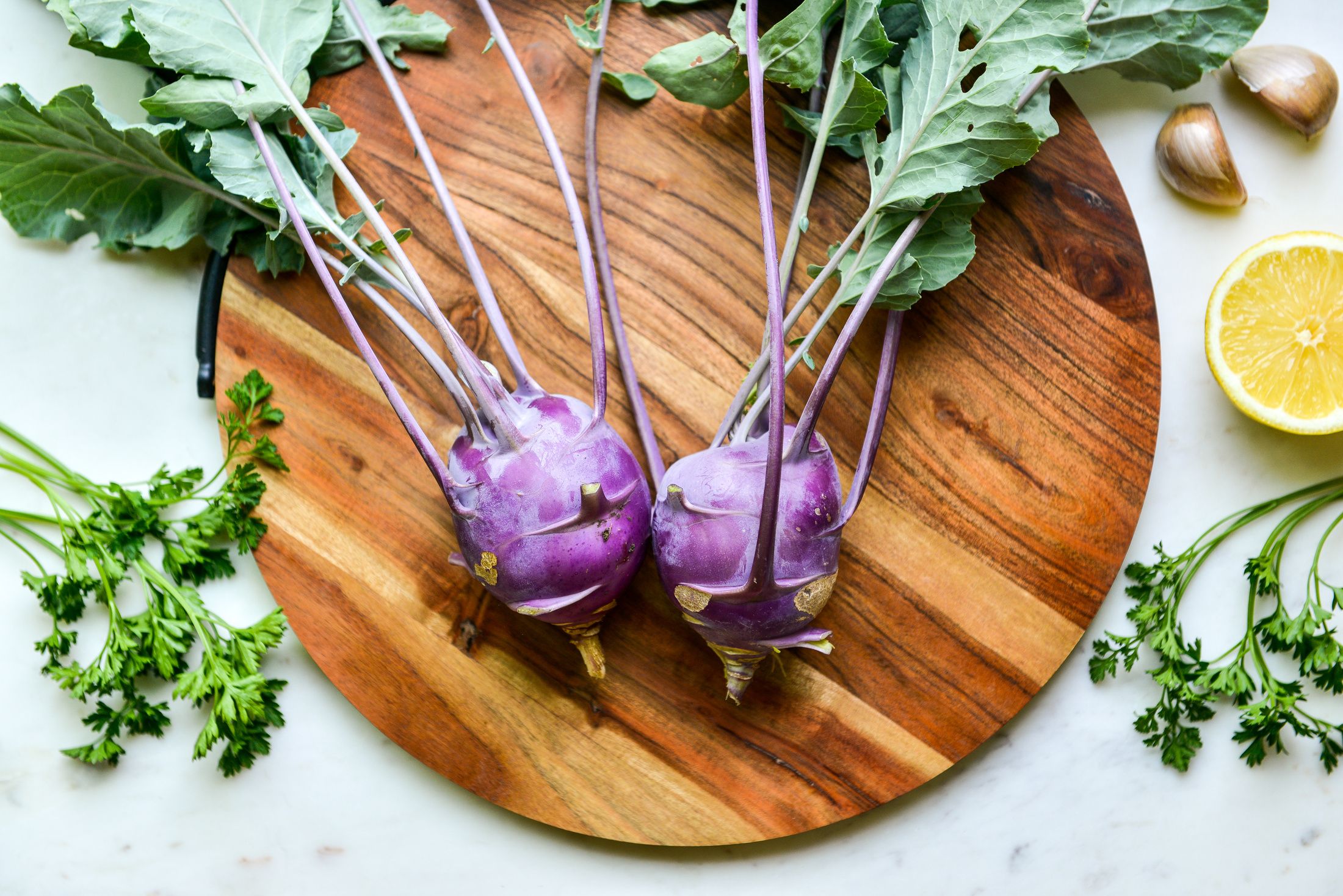
Fresh is best!
It is important to mention that glucosinolates found in raw cruciferous vegetables degrade over time post-harvest. The older the vegetable, the less of these beneficial compounds. If you can't find it at your local health food store, check the local farms or farmer's markets in your area, or consider growing your own—kohlrabi is very easy to grow in a backyard garden! If you want to get the full anti-cancer, anti-inflammatory, and detox-supportive benefits from these beautiful vegetables, then try to consume them shortly after they have been harvested.
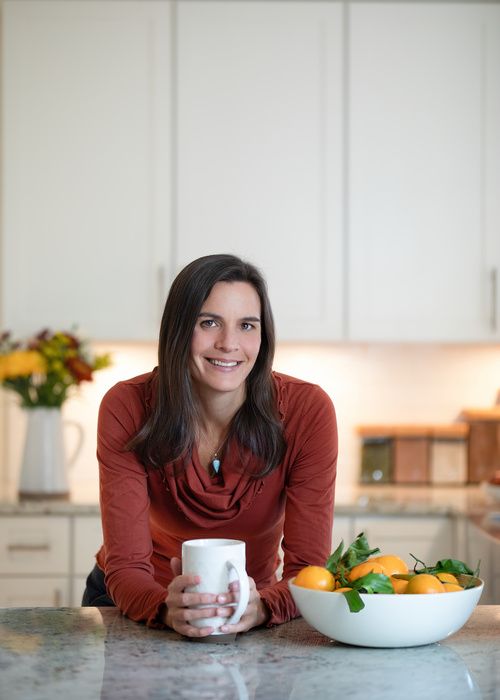
About the Author
Alissa Segersten, MS, CN
Alissa Segersten, MS, CN, is the founder of Nourishing Meals®, an online meal-planning membership with over 2000 nourishing recipes and tools to support dietary change and better health. As a functional nutritionist, professional recipe developer, and author of The Whole Life Nutrition Cookbook, Nourishing Meals, and co-author of The Elimination Diet, she helps people overcome health challenges through food. A mother of five, Alissa understands the importance of creating nutrient-dense meals for the whole family. Rooted in science and deep nourishment, her work makes healthy eating accessible, empowering thousands to transform their well-being through food.Nourishing Meals Newsletter
Email updates.
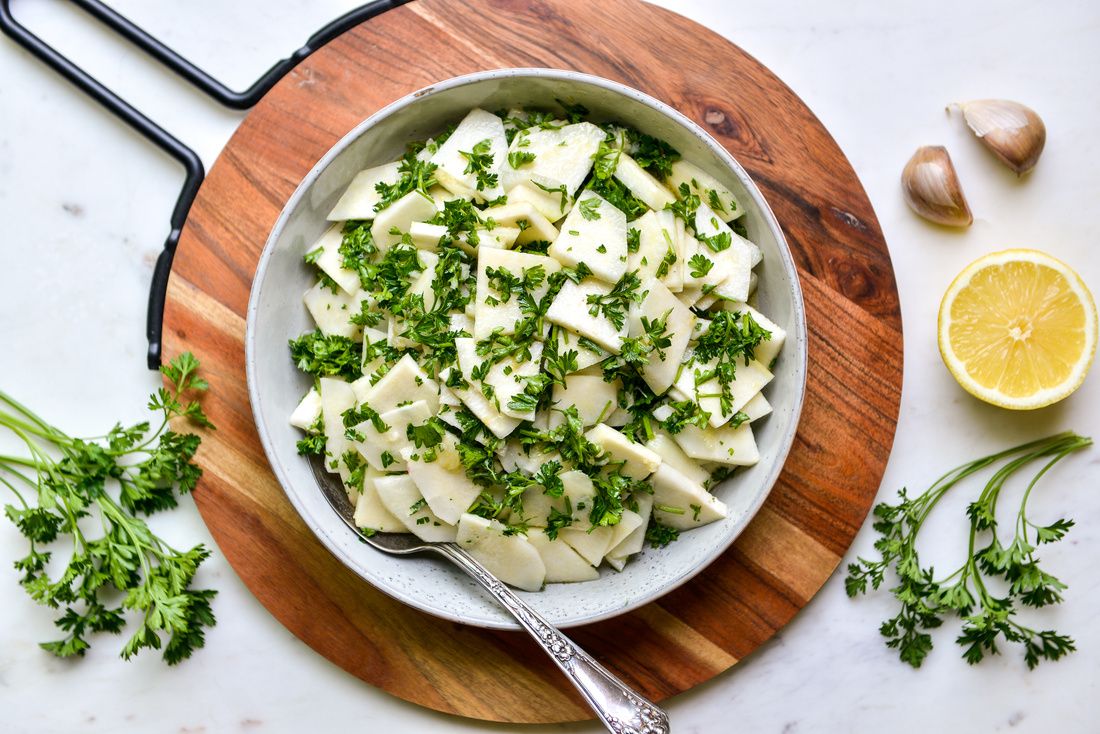

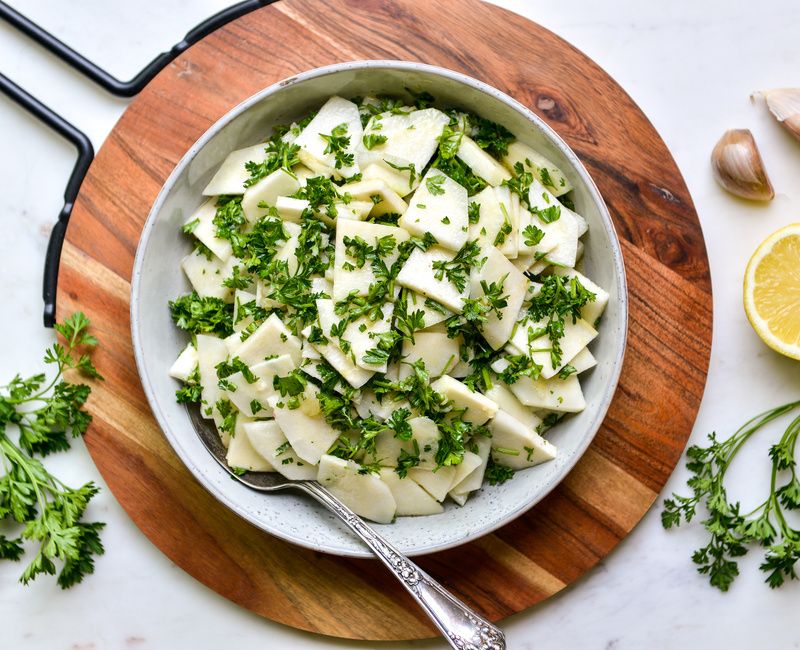
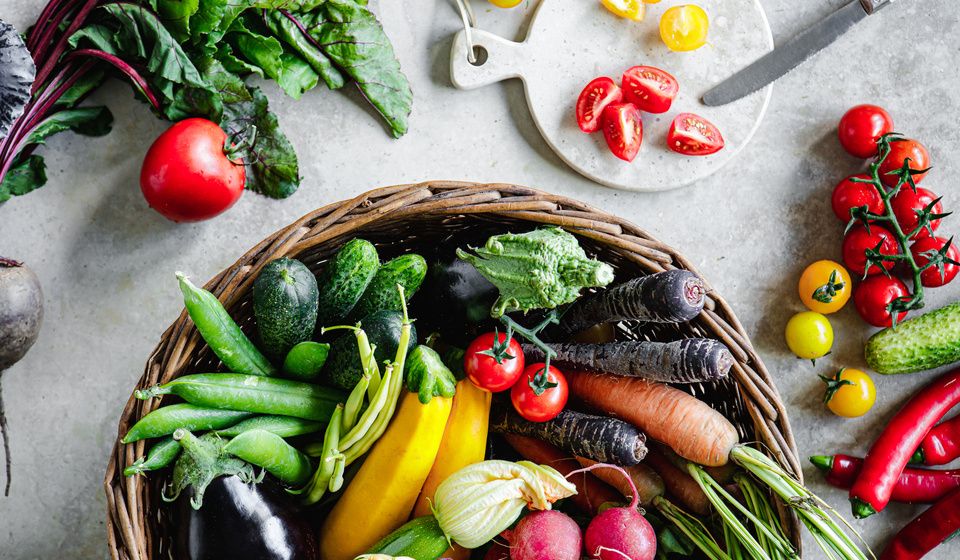
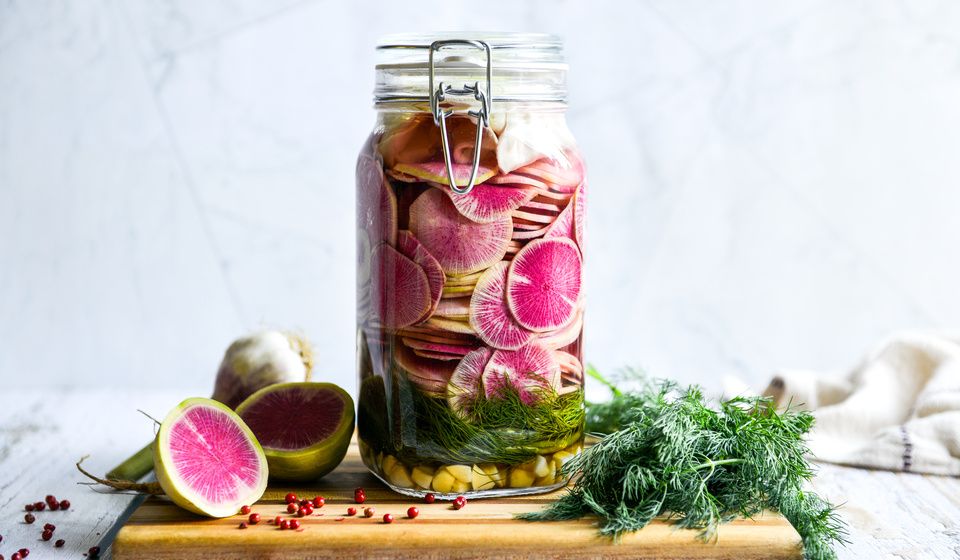
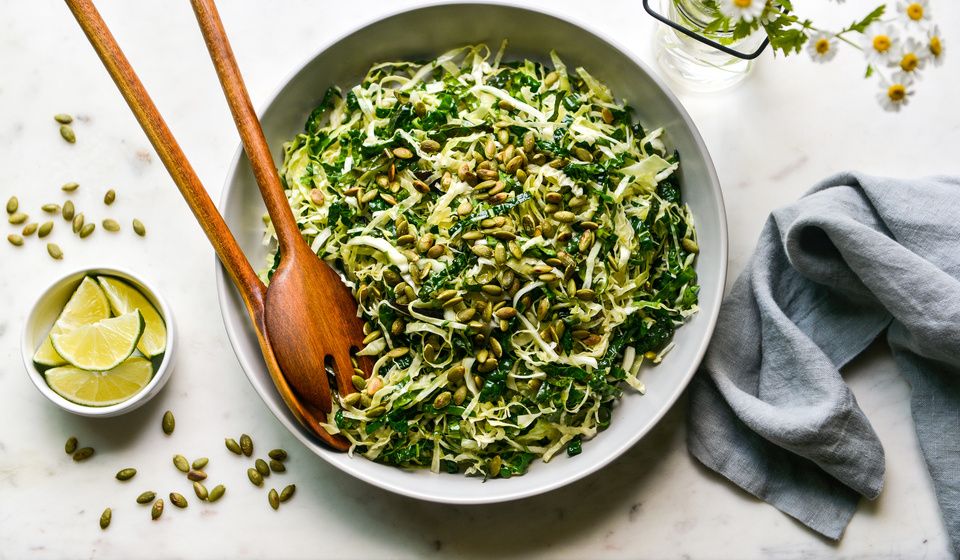
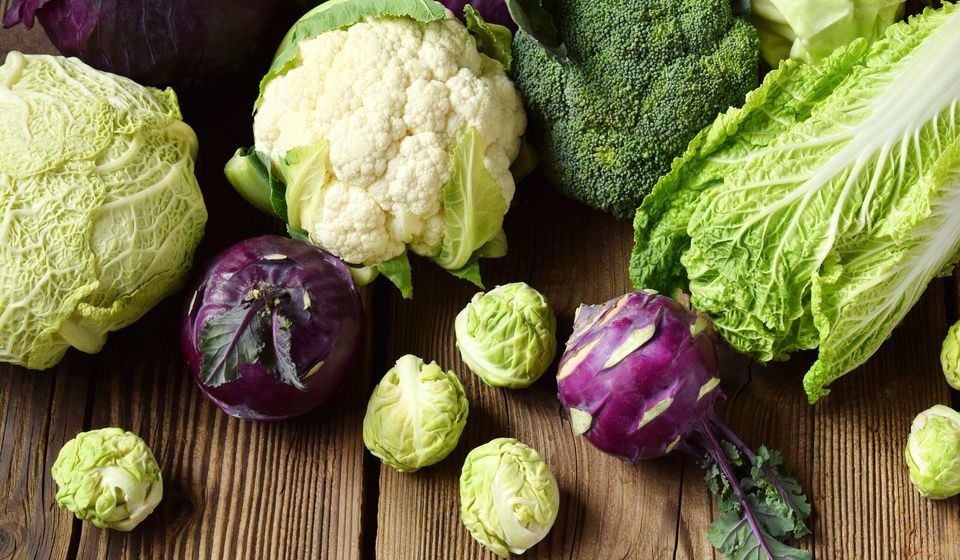
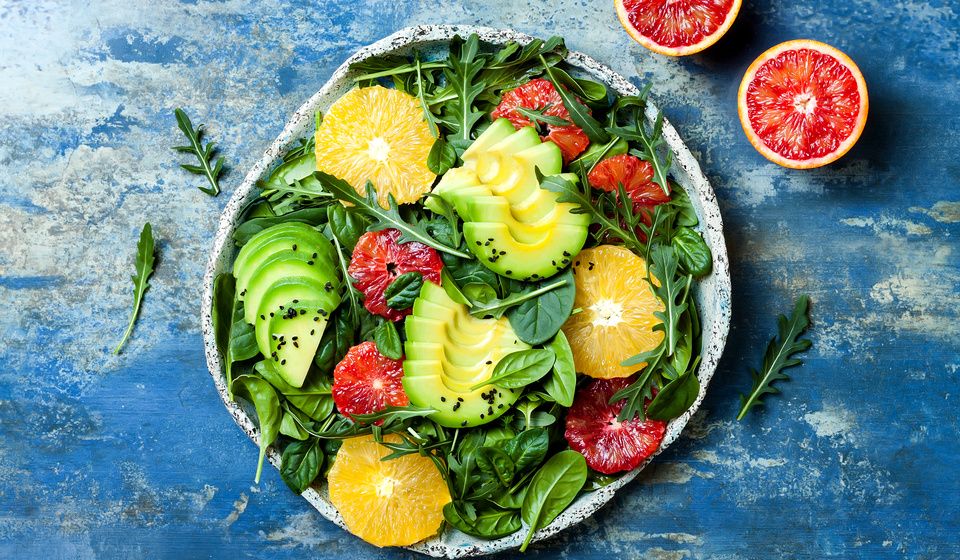
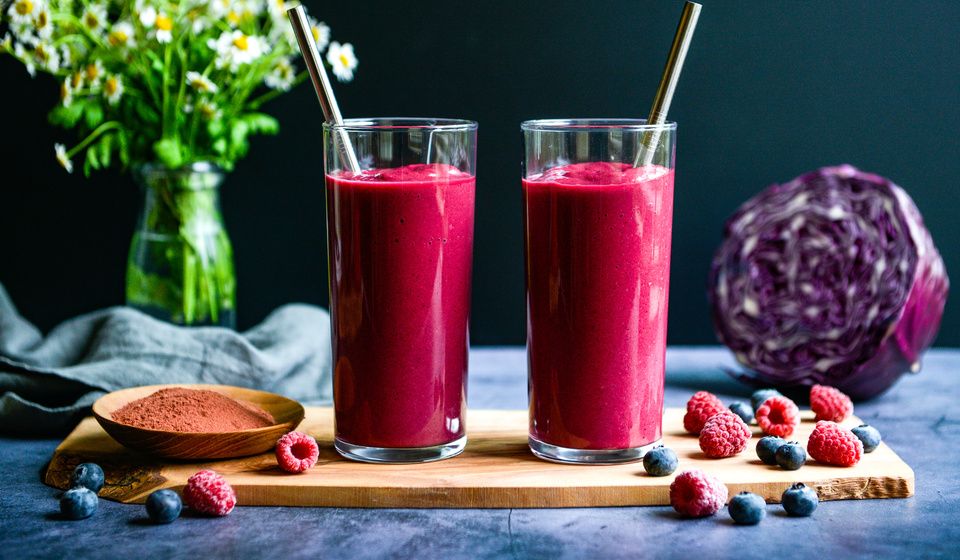
Add Comment